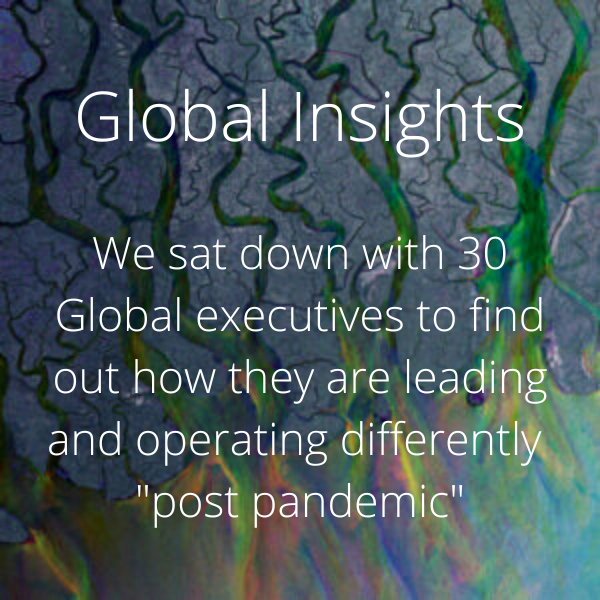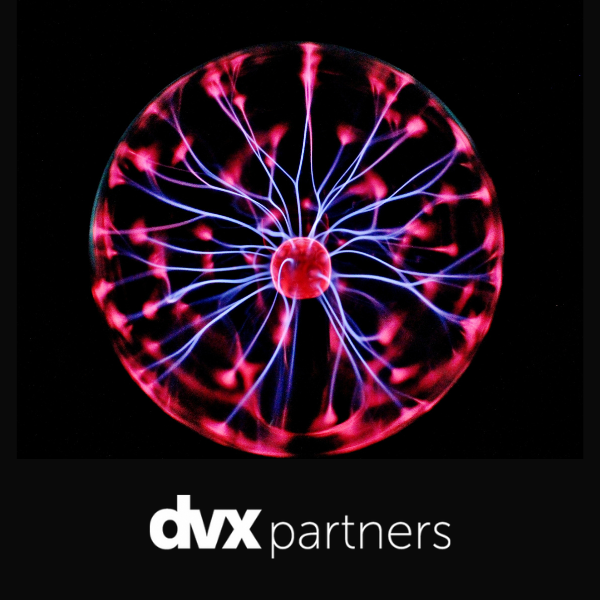PODCAST Talent Without Limits: Decoding the power of ‘I Will’ with World Surfing Champion, Entrepreneur and best-selling Author, Shaun Tomson
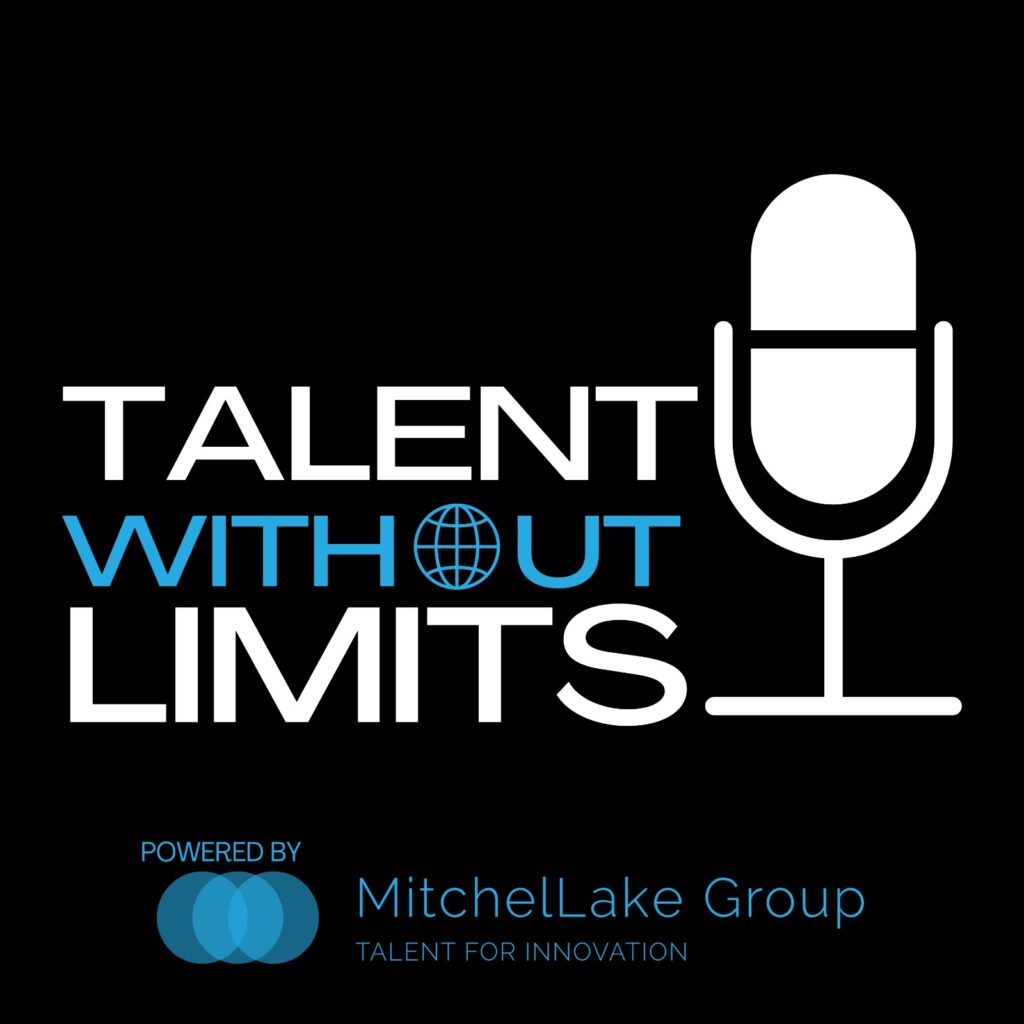
For the past 20 years, MitchelLake has worked with game changers, innovators, and leaders who have been on extraordinary journeys from diverse and sometimes challenging backgrounds. These are their stories that focus on ignoring convention to create their own pathways as improbable as those may have seemed to the rest of the world. Join hosts, Managing Partner Jon Tanner; Partner Michael Datta; and Advisor Patrick Blute as we explore Talent Without Limits.
Michael Datta: Thank you, Shaun, for joining us here on Talent Without Limits. For those that don’t know who Shaun Tomson is, legend, world’s champion surfer, entrepreneur, philanthropist, and on top of that, a best-selling author. And I don’t even think I’ve covered even a portion of really what it all is. So, thank you, Shaun for joining myself and Pat, on this podcast.
Shaun Tomson: It’s great to be with you, guys. You know, the world has become so much smaller, and in many ways, become so much more connected, but connectivity, as I see it over the last two years, has been a fundamental problem. So, shows like yours can really bring people together, bring different guests, like myself, from other parts of the world and really connect with listeners in a way that perhaps there’s something there that through the perspective that a guest gives that maybe it’s kind of like a mirror, where they’re out of their own lives. But it’s also like a window into different areas. Yes, thanks for having me on.
Michael Datta: Yeah, Shaun, when we came up with the idea of launching this podcast, it was really to give us a chance to meet amazing people like yourself, who have gone through so much change, the highs and the lows through life. And we wanted to create a podcast that went through, as we say, the ‘re’, aspects of re-energizing, re-structuring, re-grouping. You’ve seen so much and done so much. And we really love to go deep into what you see as being your ‘Re’.
Shaun Tomson: Well, that’s just more questions, Michael.
Michael Datta: [laughter] We’ve got about five hours, mate.
Patrick Blute: We’ll break it down in chapters.
Shaun Tomson: It’s interesting that you use those two letters ‘Re’. And certainly, I think in today’s world, people are looking for something new, looking for a new path, looking for a new way to do business, looking for a new way to live life. And I do these presentations across the world to hundreds of thousands of people and all sorts of people, not just big corporations. I subscribe to a philosophy — I call it the Double Shaka philosophy. So, every time I do a paid organizational event for a big firm, I do a free one. And I asked the organization, you know I’m doing a free one. You can nominate a school, university, rehab clinic, PTSD survivors, community group, religious group, whatever, I say that, “If you don’t take me up on this offer to do one free, I’m going to do it anyway.”
Shaun Tomson: I did a super cool event last week for a great little Australian school called St. Edwards, which is near Avoca Beach. So, I really try to connect with a lot of people, but the thrust of what I do, it’s about a code for the next wave. So, in many ways, it’s like you’re re-coding your life. It’s like you’re re-coding your path. It’s like you’re re-looking at where you’ve been and re-looking at where you’re going. So, ‘re’ is I think a very descriptive word that encapsulates what I do.
Michael Datta: You encapsulate all of that, for sure. And when we first met, we talked about how I love the fact that you are giving so much of your time. You give people the opportunity to really look at so many aspects of their own life, where they’ve been and where they can go. Just through talking through your life experiences, can you share with us some of your experiences that has brought you to where you are now?
Sure, I think the important experiences for me, they’ve been a number of them, but I’ll keep it to about four or five. Number one is this incredibly close relationship I had with my mum and dad and my siblings. We had a very, very tight family group. In fact, my mom used to say to us, “You are not allowed to fight with your brother and sister.” I had one brother and one sister. I was the oldest. My sister is next. We are a year and a half apart. And my brother was about another year and a half. She said, “You’re not allowed to fight with your brother and sister.” That is how wars get started. Also my mum and dad got divorced when I was about 11. But they never spoke badly about one another. And they both of them had this wonderful relationship with us separately, because they weren’t together anymore, but they respected each other and they never said anything bad about each other.
So, I learned from them that even in the context of something terrible, like divorce, there could still be respect. I learned about the importance of connection and I learned about the importance of respect from both my mom and dad. I also learned from both of them about hope, and about resilience. So, my mom was a survivor. She lived on the island of Malta during her youth, it was the most heavily bombed place in the history of the entire world. She endured 3,600 air raids, two direct hits, four years lived in underground shelters, the whole island started to stop. And in fact, Winston Churchill gave every single inhabitant of that island to George Cross. So, my mum got the George Cross along with all the other inhabitants of multiple bravery. From my mum, I learnt that even in those dark times, she always was a hopeful woman and was a very optimistic, and a hopeful woman and I think she transmitted that on to her children, and ultimately, she was evacuated and ended up in South Africa.
And my dad, too. I learned a lot from him about hope and optimism, about positivity and resilience as well. My dad was one of South Africa’s top swimmers, and he won South African Junior Championships at 13. His dream was to go and swim in the Olympics. The Second World War intervened. He volunteered in South Africa. You didn’t have to go and join up during the Second World War. He joined up like many of his friends, he flew Martin Marauder bombers against the same Italians and Germans that were bombing my mum, in fact, in Italy, North Africa, in the mid. And then he came back after the Second World War and the 1948 London Olympics were coming up and it was his dream to swim. And then a few years before, he was out in the lineup at his little local surf break, with his little wooden board and a shark ended up underneath him and hit him so hard and nearly bit his arm off.
You see, a terrible shark attacked, nearly died, but survived, but he was never able to swim again. But he taught me how to swim and surf when I was born a few years later, about 100 to 200 yards away from where he was attacked. So, he had this wonderful love for the ocean. But also, he was aware of the dangers and he imparted that on to me and taught me how to swim and surf and told me about riptides and the dangers, but he also taught me about the joy of it. And he was a very joyous person, my dad love to be around young people and love to have fun and love to give and build young people up, not just me, he loved me to compete and loved me to be successful. But he loved other young people, to follow their dreams and be successful too and sponsored. He started up a surf shop and sponsored so many of South Africa’s top surfers, Michael [inaudible], Martin Potter, all these amazing surfers sort of got their first sponsorship from my father. So, he loved surfing.
And I think he, from an early age, showed me he wasn’t so much do this or do that, it was really by example. When I think back now, that’s one of the finest forms of education and leadership principles. So, all of us as dads, we learn about leadership through how we treat our spouse and how we treat our children. And both of them, I’ve learnt so many amazing lessons about the core precepts of leadership, about resilience, about engagement, about empathy, about respect, about passion, about joy, about hope, the key commitment, these key basic principles that the people I think may have perhaps in the busy lives sometimes they overlook. But actually, from my mum and dad, I’ve got so much.
So, my mum and dad were massive, massive influences. I got so much from them. And then from surfing, wow, I got so much from surfing. The beach was part of our life. My earliest memories of being in the beach with my mum and dad, my dad teaching me how to swim and body surf. We used to use these little, they had them in Australia too, they were used to be called surfer planes. They were like rubber inflatable mats and you know we used to go ride the backline, we used to call it, we used to ride the dumpers on our lalas. Then I got my board, my dad’s board, I got a board from a cousin Michael. And my cousin and I, we started surfing on exactly the same day, we both stood up on the same day together. I stood up the first time I ever tried it. And when I rode in and I got that feeling of stoke that I’d never had before, yeah, I had cool feeling from riding my surfer plane, but there was nothing like standing up and just seeing the world differently.
And that moment, it wasn’t like a moment, that went away. That moment has stayed with me. And that feeling of being stoked, I think has really driven me. It’s driven me as a surfer recreationally. It’s driven me as a competitor. It’s driven me in business. It’s driven me through my studies, through my entrepreneurship, through my books and films. This feeling of stoke is sort of, along with commitment. It’s at the core of what I do. So, my mum and dad gave me so much and surfing gave me so much.
Patrick Blute: That’s an incredible journey to from your father going through that experience, to then train you and pass that love of the sport along to you, especially after that. And that’s just a really powerful message for everyone in terms of not letting when we think about the concept of ‘re’, like that gift that he gave to you to kind of embark upon your journey with sport.
Yeah, he was very, very supportive and incredibly empathetic. But understood that an athlete must find their own path. And me being his son, I must find my own path. But he will give me everything I need to realize what I wanted to do. He would watch every heat of mine with his binoculars. And never once did he say to me, “You should have done that,” or “You should have done this.” All he wanted was for me to do my best. And that’s what satisfied him. He wanted me to do my best. He wanted to be the humble. He wanted me to accept losses. He would say to me, “When you win, win like a gentleman. When you lose, lose like a man.” And there’s nothing sexist in that comment, it’s just about when you lose, you just kaput. You don’t cry and moan about the result.
And when I work with athletes, and I work with a lot of athletes and business people, all sorts of those, I say, “You’re going to lose, man, you’re going to get your ass kicked, you’re going to fall down to the floor. Do you want to get up again? Accept the loss and move forward. Do you want to be like a crybaby and cry about that loss? You will have no respect and you will lose your self-respect as well. You kaput and you move forward.”
So for me, that’s the path that I followed because my dad inculcated in that with me. In sport, there’s honor. In defeat there’s honor. In winning is honor. You’ve got to accept it, and move forward and don’t dwell on it. Like when I used to lose, yeah, I don’t like losing, man, I hated losing, but I’d walk up to my competitor, shake his hand afterwards, give it a good solid squeeze. You know what I mean? Let the dude know I’m there. I’m going to be back next week or whenever. And then I go and I’d rationalize it over the next few hours and then I’d move on. I wouldn’t like, “I should have, would have, could have. What if I would’ve caught that wave? Man, I’d have been world champion. What if I caught that wave, I’d been a [inaudible] master.” I was like, ‘what is’, not ‘what if’. And I really took that philosophy throughout my life when my wife and I lost our beautiful son at 15 and a half to a bad choice. A beautiful son, Matthew.
And I had to accept what is, not what if. And you mentioned there, Michael, about me helping a lot of people. That process. It’s not just for other people. It’s for me. Because when you win, and every single one of us is going to go through extreme suffering, you Patrick, you Michael, all of us, there’ll be times when we will go through extreme suffering. We will lose the people we love, we’ll have a bad knock in business or sport. But there has to be that period of sorrow and grief and then there has to be that period of acceptance. And then there has to be that restart. What’s going to be next? And one way to restart is to help other people and to create projects for yourself — projects that inspire you. Like after I lost my beautiful son, I released my book The Surfer’s Code, I made the movie Busting Down the Door. I started speaking in all sorts of huge groups and companies, because I found that in that, when I help others, it helped me even more.
Michael Datta: Tell us a bit about the joy you have now, for yourself and your family.
Shaun Tomson: So, what happens with surfing? Surfing is an incredibly difficult sport. And when you’re young and strong, there is no real physical effort. The paddling is effortless, the riding the wave is effortless. You don’t feel physically debilitated. Now when I was on the tour, I used to serve more than anyone else on the planet. No one in the world, for those 14 to 16 years, no one’s surfed more than me. I surfed so much because I loved it. And I never even notice any sort of physical impairment until I got to 60. Then you really see that your physicality is really being impacted. Let me tell you, at 55, I was going, “Take me to Jay Baer. I want Kelly Slater man-on-man. I was 55 years old.”
Michael Datta: Oh, that’s awesome. Did you hear that, Kelly? [laughter]
Shaun Tomson: And at 60, I still have it. But then i becomes a lot harder. Of course, now you’ve got Filipe Toledo going into the stratosphere. He’s almost untouchable. Even though this year was good to see the Aussies come good, two Aussies are coming good again.
Michael Datta: We’re on our way back, buddy. It’s just been a bit of building.
Shaun Tomson: Aussies are coming up [inaudible] again some sort of would have been out of the system. I’ve always thought that you can’t be too sporty and mechanistic in your approach to surfing. And I think perhaps, the Aussies and the Sports Institute might have gone a little bit too far over to physicality, as opposed to stoke and technique and creativity, and innovation and busting down doors. I’m just throwing out a couple of suggestions. Anyway, back to the … [laughter]
Michael Datta: I love your insight, mate.
Exactly. It’s about feeling and stoke, and it’s about creativity and making your own line. Like let me tell you, Michael, in my house, rugby was a religion. No matter how good the surf was on Saturday, my dad had season tickets for the whole family at the 50-yard line, and we would camp out there no matter whether there was club rugby, provincial rugby, or tests. We would be there at the front. And my dad will be standing up, everyone in this stadium, because he would be shouting orders to the team. “Kick it in the country.” “Hit him low.” “Hit him hard.” That was the only way my dad thought of rugby, “Hit him low, hit him hard.” And his favorite team on the planet, of course, was the Springboks, and his second favorite team were the Frenchies, because they played loose, free-flowing, aerated rugby. And then there was a puma who he loved; a guy called Hugo Porta.
I mean, the guy was like a god himself. He actually became I think the ambassador in South Africa. So for me, there’s no difference when I watch a guy like Ken Pisi, his whole vibe was different. We had a guy in South Africa who I’ll tell you what fundamentally changed the game, a guy called Rob Louw attacking freeform, creative killer. I love Jonah from New Zealand. Those guys, they run their own path. And it’s the same way in surfing. When I first saw Jack Robinson, I could see this little dude here, and I’ve imagined he’s got a wacky father. I mean, this guy is going to his own way. And those are the surfers that I love.
And they had been some geniuses in Australia and in Australian surfing that have gone their own way. You know, Tom Carroll from South Africa, Martin Potter. These guys to me, and then there was some Hawaiian guys, Larry Bertlemann, Rena Valera, Barry Kanapi, they went and went, and they had power. Power. So, it’s interesting that my whole surfing was based on power. I love the power guys. And now, my whole life is now about trying to activate power on people to find their own path. And I haven’t thought about it until now. But sometimes whenever I get right into the depths of the beauty and spirituality of surfing, there’s a lot there that one can be inspired by and learn from.
Michael Datta: That’s wonderful, mate. Absolutely fantastic. Well, I expect that in your next major speaking gigs, you’ll be talking about the power of ‘re’.
I actually did a whole process two years ago about re-coding. It was a re-code your mindset for your next wave. Right before COVID, I did a number of presentations around that concept of re-coding. Because what I do is everyone in my presentations write the code 12 lines, every line beginning with ‘I will’. This is a way to find your purpose and your power and find your path. And it’s very much a way to re-code your mindset — that’s what you’re doing. Because it’s fascinating — this path that I’ve gone down. My business disappeared during COVID. I was in Chicago, I had three events booked, I did one and then I had to cancel the next two on the day.
The events were for about 500 people and I came home and I said to my wife, “Hey, my business is done. No one’s going to be booking speaking engagements for the foreseeable future.” I said, “But I know companies are going to want their team members to be able to maintain connectivity — connect to the purpose of the company, and they’re going to want to be able to figure out how to deal with the turbulence associated with this pandemic. What are they going to do? So, I set up a studio downtown, found someone who could do these virtual livestreams and no one was doing it. I was like one of the first guys to do really super-duper professional studio.
Last year, it was like a CNN broadcast, three cameras. And it was the business. And the first client I had was Gilead Sciences, which at that time, was the hottest company on the planet, because they’re the only company that had the treatment for COVID. That was called Remdesivir. So, I was brought in, I did a couple of events with them to help their teams. So, where I’m going with this is I’d ask companies, I’d ask team members or companies, because now they are on the virtual livestream, you know, 100, 500, 1000, 2000, whatever thousands. Send me a word that describes how you’re feeling. Test it to me. So, I had this cool tech, that if you tested me whatever, it would form a word cloud.
I could see say a 1,000 people on the stream, 1,000 words would all like mush together, and the more frequent words would be bigger. So, I did this for a period of six months. Suddenly, I had data from thousands of people — mindset data — like how people are feeling in corporate America. And these are companies where the team members are not going to get fired. These are companies where team members have fully-employed, but how are they thinking, what are they thinking about during this pandemic? So, there were four words: stress, anxiety, depression, and disconnection. I call that a ‘sad mindset’. So, now everyone sees everyone else’s words. It’s very quick processing. It takes about three to four minutes. Everyone sees everyone else’s words.
And then what I do is I’d say, “I’m going to give you now a perspective, that perspective like the winner and the mirror, and then I’m going to give you the code method, and you’re going to write your code and I’m going to tell you three stories. “I’m going to tell you a story about re-silience. I’m going to tell you a story about commitment. And I’m going to tell you a story about re-connecting.”
I tell three stories, and then everyone writes, “That’s the code.” And everyone can see everyone else’s code, and I use tech out of Australia. I use Aussie tech, a mate of mine, Adam Ginsburg, who’s got the super cool company called Buzzy, and he created this stuff for me. So, we get data from thousands and thousands of people with their codes, their picture. And it’s beautiful. But everyone in their company can see everyone else’s code. So, now we’ve created this, the issue is disconnection, and now you’ve reconnected these people, reconnected through the code, because everyone can see what everyone else has written, they can see that we are way more similar than we are different, that we have the same values. And that essentially, in life, we want only two things. It’s amazing to have looked into the soul of not just American business, but I’ve done companies in Australia, South Africa, Asia, and this is what people want, based on the millions of lines of code I’ve read.
So, our purpose and meaning in life, like what is our purpose and meaning in life, it’s complex. It’s a complex question that philosophers and social scientists and people have been struggling with it for thousands of years since Plato, Aristotle, Socrates, Cicero, Virgil, I mean, you name it, all the philosophers. So, I’ve seen it, but it’s way simpler. And what I’ve seen is really simple. So, I say to people, “Okay, I’ve read so many lines of code, and this is what I’ve discovered. And in your lines of code, every single line that you’ve written, your 12 lines, every line beginning with ‘I will’, there’ll be divided into two commitments that represents the fundamental purpose of our lives. Because what is purpose? Purpose is a committed intent to achieve, aims that are significant to yourself in the broader world. I mean, your purpose is your commitment, your committed intent.”
So, I said, “I’ll be better. Send me a line that’s reflective of ‘I will’ being better.” And then the lines will come through, I’ll be a better spouse, I’ll be a better husband, I will be a better father, I will pray, I will be a lifelong learner, I will live a moral life, I will be a woman of integrity, I will forgive, I will forgive myself. And then I said, “That’s only one half of our life purpose or commitment. The other half is, I will help others be better. And then send me a line about that.” And then the lines will come through, I’ll be a mentor, I will lift other people up when they are down, I will volunteer. People write incredible stuff. And at some of the events, I actually get people to stand up and read their 12 lines. I did an event in New Jersey a couple of weeks ago. People stand up, they read the lines, and they’ll start crying, because it’s so emotionally vulnerable and it’s so connective. I mean, I did this event at a prison here, jail here in Santa Barbara, Santa Barbara County Jail. It’s got about 900 inmates. So, I did this one crew. They call themselves The 300, like Sparta, they’re all like strong blokes. And the one guy, very strong guy stands up, he’s reading his 12 and he comes to ‘I will forgive myself’. And he starts crying because those are unbelievably powerful and cathartic words. He starts crying. What do you think that other prisoners do?
Michael Datta: Same. Did they all just jump up and cry?
Shaun Tomson: They jump up and they all started crying, and they all gather around. And it just creates this bond between people that have been disconnected. It’s just such a powerful way to reconnect. And it all came from surfing. This whole program that I’ve been on and that I’ve been doing. I mean, I was on the biggest show in America a few days ago talking about the code. The biggest morning show with, I don’t know, 20 million viewers or something. And I’m talking about the code and it just came from surfing. It came from the surfers code. I will always paddle back out. I will never turn my back in motion. This is stuff that every single surfer knows. I’ll honor the Sport of Kings. I will know that there will be another way. I will ride and not paddle into shore. All this basic stuff that we all know. I just write it down. And it’s so nice that it’s created this wave, and I’m having the billions of people ride this wave. Billions. I’m hoping that every single student in Australia, at both high school and university level, write the code. I’m having every single student in the 195 countries around the world lines of code, because it’s a way to focus, connect and find your true purpose and connect with others deeply.
Patrick Blute: And Shaun, anyone around the world can go to your website and create a code, find their tribe link. That digital layer you brought to it, that’s kind of bringing it back.
Shaun Tomson: Yeah. So, what we’re trying to do here — when I grew up, I read everything that they had ever been read about surfing. And I read every single interview that every single hot surfer wrote. And one of the hottest of the hots, was the Aussie Nat Young, very intelligent, surfing based on power. And he, many years ago, he said that surfers are a tribe. That’s it. That was the first guy to say surfers are a tribe. So, now what I’m trying to do, like I say that everything I do is come from surfing and from inspiration from amazing surfers, and from the waves in the ocean and the spirituality. I’m getting people and I’ve re-created — funny one, Michael, I’ve recreated my website so that people can not only write their own codes, and then if you want to get like a push notification of your code, you can do that, but you can create a tribe. So, you can create the data tribe, where you can treat create the boot tribe, and you can bring in whoever youwant to bring in — your family members, your friends. And then they can go out and create their own tribe and they can go out and create their own tribe, and maybe IBM in Australia wants to create the tribe, well, maybe Joe’s surf shop on a credit, it’s free. It will not cost you one cent, there’s no advertising, it’s none of that bullshit on it. It’s done for one thing only — for people, to find the purpose, find the power and find the path and reconnect with each other. That’s what it’s for.
Patrick Blute: Thank you so much.
Michael Datta: Shaun, you are a living legend, my friend. Thank you so much for your time today, being here with us, sharing your stories and sharing your purpose. I love the fact that there’s so much synergy between what you do, what we do at MitchelLake. And it is about watching people thrive from what we give, right? It’s fantastic. For our listeners here in Australia, Shaun will be in Australia, actually on the Sunshine Coast in September doing a few speaking gigs. And I can’t wait. Can’t wait.
Shaun Tomson: I’m so excited to come to Australia. So, I’m involved with this really cool charity event. It’s called The Board Meeting Surf Charity, and it’s up on the Sunshine Coast. And you can go to www.theboardmeeting.org.au. And you can come to this event. It’s going to be super cool. I’m going to be there talking some story. I think we have some books on sale, but it’s for an amazing cause — for kids that have a both physical and mental disabilities or challenges, not disabilities. It’s Mark Skinner, just an awesome dude, that’s putting it all on. So, I can’t wait to come back to Australia — the only country in the world where I used to getting my ass kicked and I could never win. Every bloody event in Australia was just too good for me. I’d rather to blur on that group.
Michael Datta: A bit of history, Pat, Shaun used to compete against this guy called Mark Richards. And oh my gosh, they used to compete hard. They were tough guys.
Shaun Tomson: Oh. They were hard men — very hard men. They were like the front row in the scrum. But they have their teeth and they had their wits. And the only thing they didn’t have was cauliflower ears, but they went hard as a front row. Mark Richard, and Simon Hemsworth, they will kill us. They will kill us. And they killed me. Simon killed me and knocked me back to seconds and seconds. And Rabbit and Remo, they used to kill me. But I got my revenge a little bit in other places.
Michael Datta: You certainly did. Shaun Tomson, thank you again.
Shaun Tomson: Awesome, Michael. Thank you very much for having me. And for any listeners out there, go to the website of Write a Code Create a Tribe: 12 Lines Every Line Begins With I will. You will be surprised the power that’s contained in your words. So, thanks for having me. Cheers. Double Shaka.
Michael Datta: Thank you for tuning into Talent Without Limits. Music provided by Audio Coffee via Pixabay. If you liked what you heard, subscribe to our show on Apple Podcast, Spotify, or wherever you listen. For more information on the MitchelLake Group, please visit MitchelLake.com. We’ll be back with a brand-new episode very soon.
About the speaker
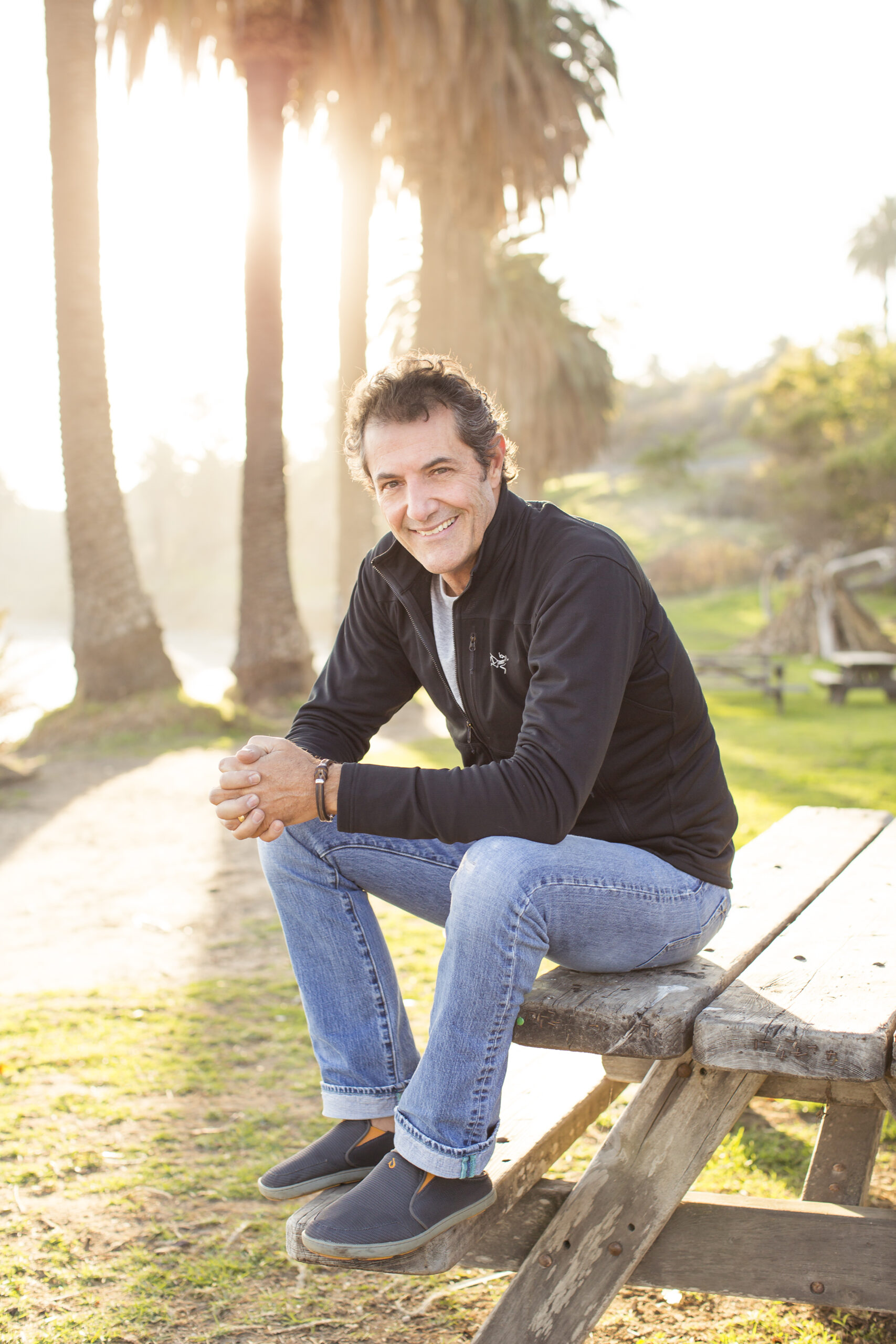
Shaun Tompson
Purpose-led Surfer, Author
Born in the coastal town of Durban, South Africa, Shaun is one of the world’s best surfers and has won events all over the world, culminating in the surfing world’s top honor, the World Pro Championship. He competed on the pro tour for 16 years, winning 19 professional events, and at the time was both the youngest and oldest surfer to win a professional event. Shaun is a true surfing innovator, developing a revolutionary and radical new tube riding technique. He carried on that success as the co-founder of two multi-million dollar clothing brands, Instinct, and Solitude. He has been inspiring audiences across the globe with keynotes and workshops about the value of commitment and positivity to improve engagement and performance. He’s moved audiences at large conferences, higher-ed institutions and for many major brands like General Motors, Cisco, Google, Gap, Disney, Sonos, Patagonia, Dermalogica, and PWC. Shaun authored the bestsellers “Surfer’s Code: 12 Simple Lessons for Riding Through Life” in 2006 and “The Code: The Power of ‘I Will’,” in 2017.
About the host
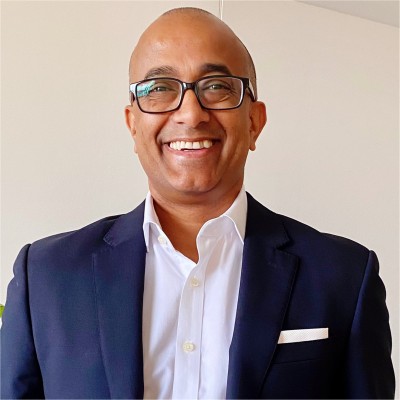
Michael Datta
Talent Without Limits Co-Host, MitchelLake Growth Partner
Globally experienced entrepreneur, investor, and advisor. Expert in international trade and ventures. Oracle of coffee, wine, sports, and talent insights.
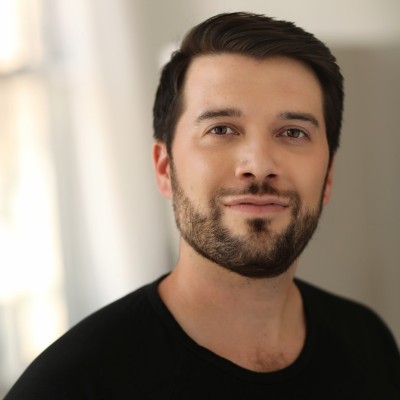
Patrick Blute
Talent Without Limits Co-Host and Producer
Global growth advisor with MitchelLake based in New York. Long-time leader of product and marketing strategies for hyper-growth technology, social good, and sustainability ventures.
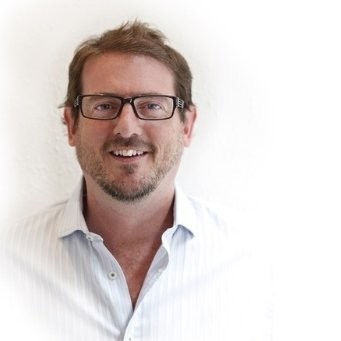
Jon Tanner
Founder and CEO
Investor and entrepreneur. Inspired by innovators and individuals who challenge what’s accepted in pursuit of what could be. Constantly curious, lover of great stories, and great storytellers.


